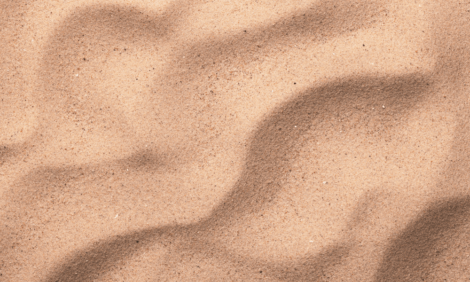



Effect of Incubation Humidity and Flock Age on Hatchability Traits and Posthatch Growth in Pekin Ducks
Optimum relative humidity was found to depend on the age of the parent flock, according to new research from Egypt and North Carolina State University.A.M. El-Hanoun and colleagues with the Egyptian Ministry of Agriculture, together with Professor John Brake of North Carolina State University conducted a study to determine the effect of incubation relative humidity from 14 to 24 days of incubation at three parental ages on hatchability and post-hatching growth of Pekin ducklings. Egg production was divided into three age groups (25–35, 36–55 and 56–65 weeks).
In a paper in Poultry Science, they report that a total of 21,600 hatching eggs was subjected to 55, 60, 65 and 70 per cent relative humidity from 14 to 24 d, whereas standard conditions were used from 0 to 14 days and 24 to 28 days of incubation. All eggs were individually weighed before setting in the incubator and again at 14 and 24 days of incubation to determine egg weight loss.
A sample of 20 eggs from unhatched and hatched eggs from each group were randomly taken on the hatching day and used to determine eggshell thickness and pore number. Duckling weight at hatching was recorded and bodyweight gain, feed consumption, feed conversion and viability were then recorded to 21 days of age.
Egg weight increased with hen age but did not differ by incubation treatment. Increasing relative humidity from 55 per cent to 60, 65, and 70 per cent decreased percentage egg weight loss in a step-wise manner, irrespective of parental age.
Shell thickness was less for hatched eggs compared with non-hatched eggs within each parental age. Shell thickness decreased while pore density increased with increased parental age for both non-hatched and hatched eggs.
The lowest embryonic mortality among the incubation periods (14–24 and 0–24 days) and best hatchability of fertile eggs was recorded with 60 per cent relative humidity during the first parental age (25–35 weeks), 65 per cent relative humidity during 36–55 weeks of age, and 70 per cent relative humidity during 56–65 weeks of age.
The best incubation results were directly associated with the greatest duckling bodyweight at hatching and at 21 days of age, bodyweight gain, feed conversion and viability during each parental age period.
El-Hanoun and co-authors concluded that duck eggs produced within a specific parental age period require a specific incubation relative humidity to attain the best hatchability and post-hatching duckling performance.
Reference
El-Hanoun A.M., R.E. Rizk, E.H.A. Shahein, N.S. Hassan and J. Brake. 2012. Effect of incubation humidity and flock age on hatchability traits and posthatch growth in Pekin ducks. Poult. Sci. 91(9):2390-2397. doi: 10.3382/ps.2011-02075
Further ReadingYou can view the full report (fee payable) by clicking here. |
February 2013








